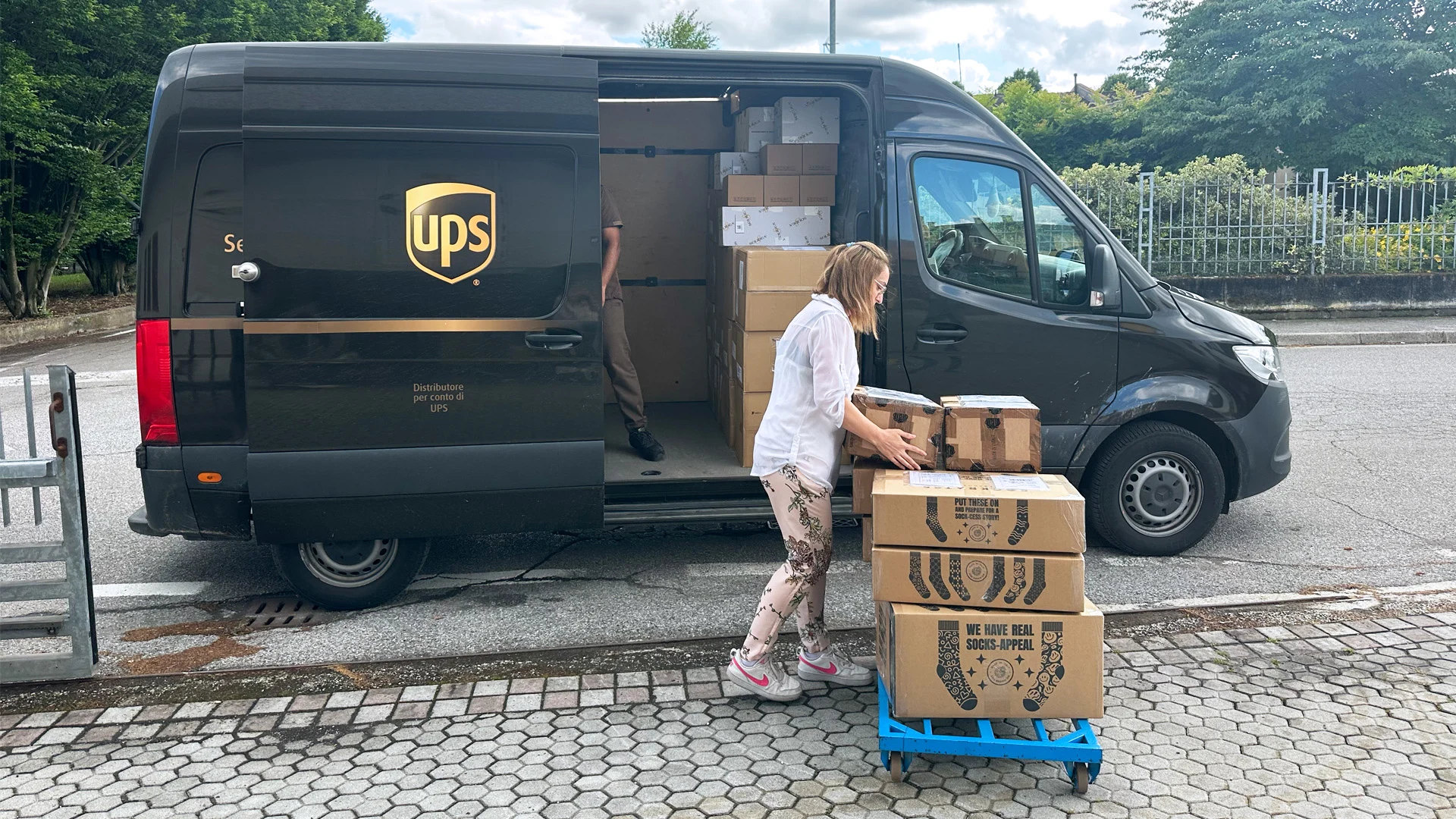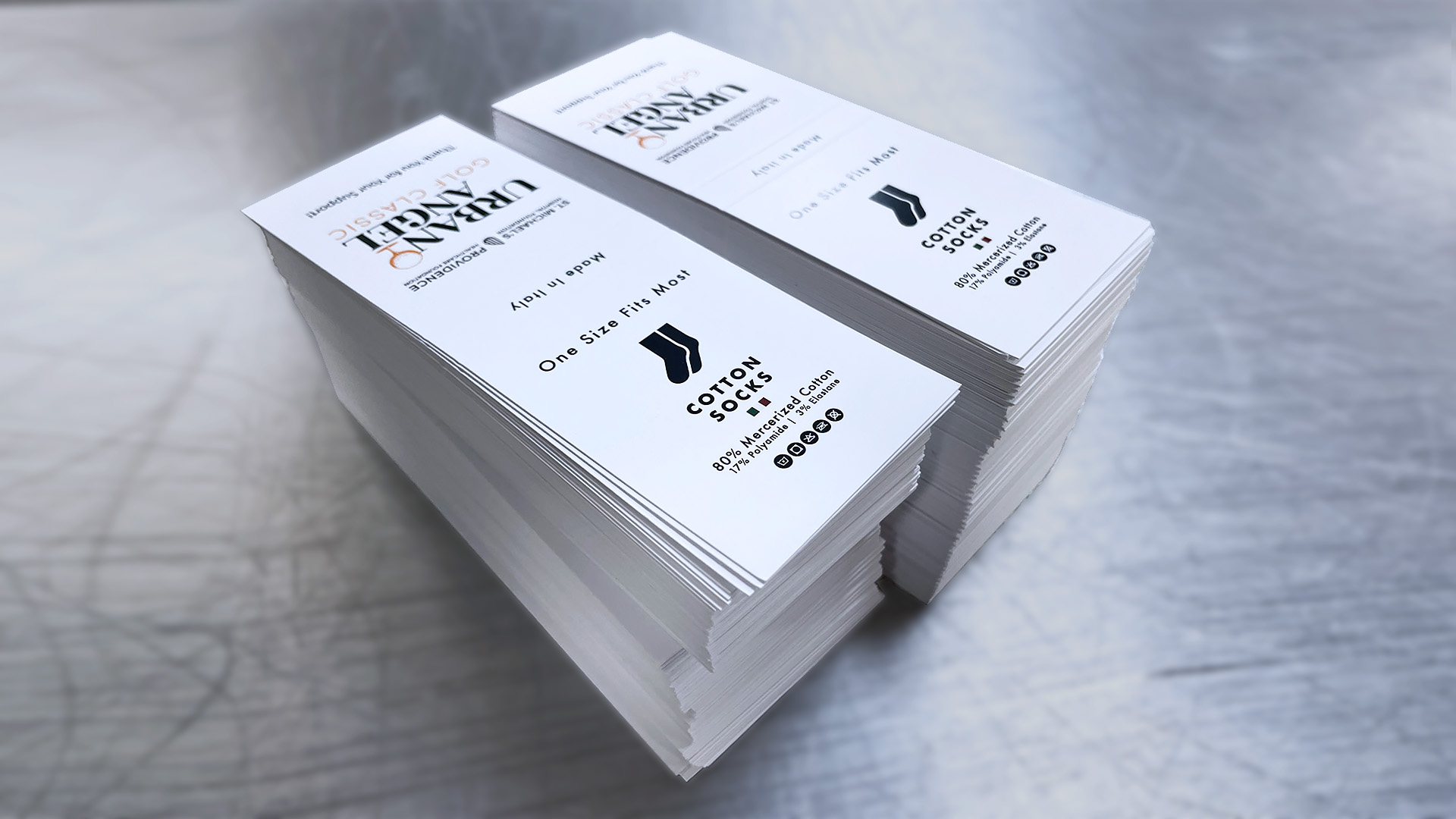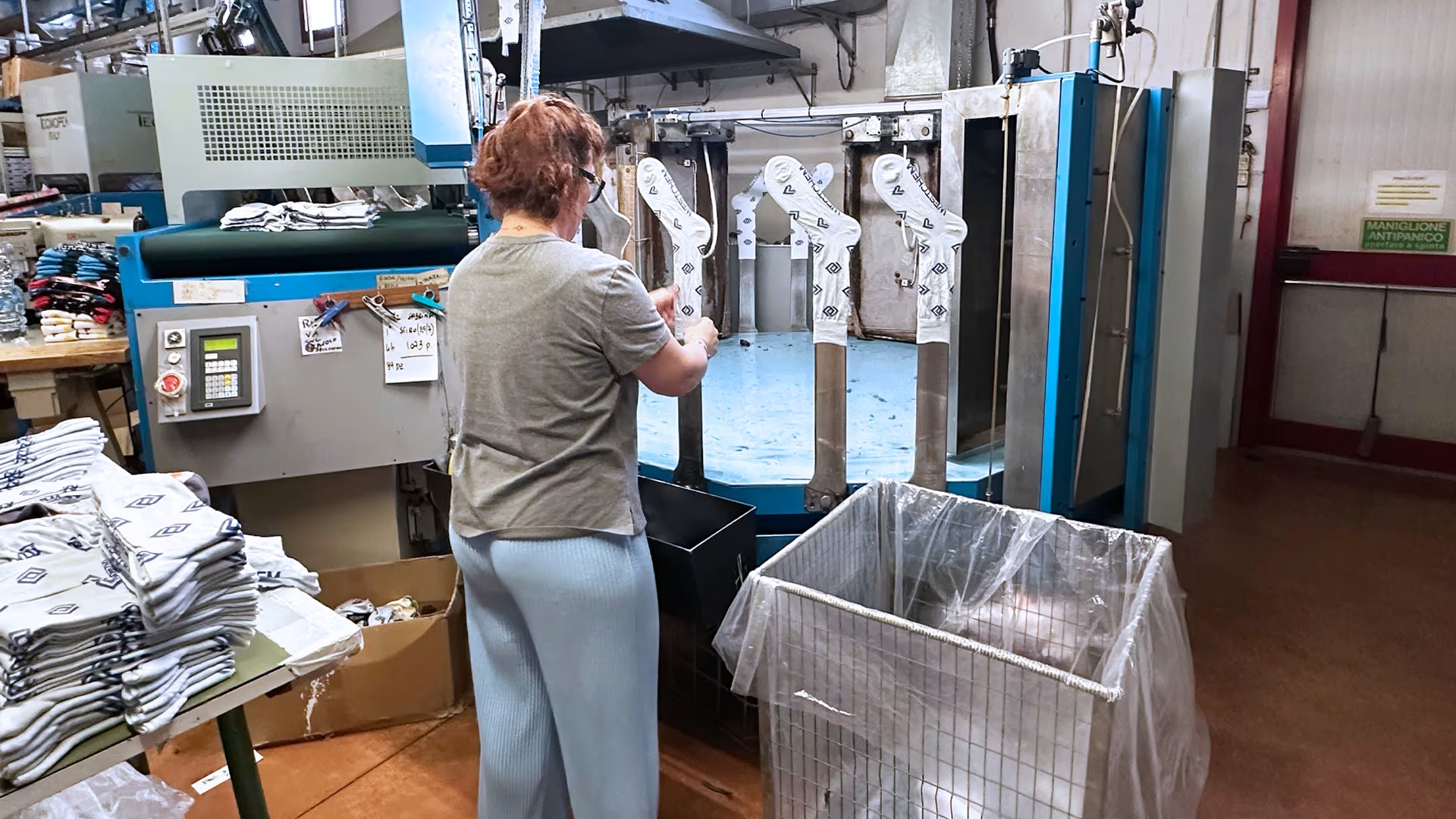10 Strategies to Foster an Integrative Culture
In today’s business landscape, organizations like yours recognize the value of cultivating an integrative culture. An integrative culture goes beyond a mere focus on individual tasks and emphasizes collaboration, teamwork, and inclusivity.
It promotes an environment where employees feel valued, connected, and engaged, leading to improved job satisfaction and increased productivity. So what can HR managers do to foster integrative culture?

1. Transparent Communication Channels
Transparent communication is the backbone of an integrative culture. HR managers can promote open lines of communication by implementing strategies such as:
Regular Town Hall Meetings
Conducting town hall meetings where employees can ask questions, share ideas, and voice concerns fosters transparency and cultural integration in the workplace. These meetings provide an opportunity for management to communicate organizational updates and for employees to provide feedback.
Employee Feedback Mechanisms
Establishing channels for employees to provide feedback, such as suggestion boxes or online platforms, encourages participation and helps address potential issues proactively. By actively seeking and considering employee feedback, HR managers demonstrate that their opinions matter and contribute to decision-making processes.
2. Embrace Diversity & Inclusion
Creating an environment that celebrates diversity and inclusion leads to a stronger integrative culture. To promote diversity and inclusion, HR managers can adopt the following:
Diversity Training
Organize workshops and training sessions to increase awareness and understanding of different cultures, backgrounds, and perspectives within the workplace. By fostering a culture of inclusivity, employees feel respected and valued for their unique contributions.
Employee Resource Groups (ERGs)
Encourage the formation of ERGs where employees with common interests or backgrounds can connect, share experiences, and contribute to the company’s inclusivity efforts. ERGs provide a platform for employees to express themselves, build relationships, and create a sense of community within the organization.

3. Team-Building Activities
Engaging employees in team-building activities promotes collaboration and strengthens relationships. Here are some tactics HR managers can implement:
Team-Building Retreats
Organize off-site retreats that focus on team bonding, problem-solving, and fostering a sense of unity. These retreats provide opportunities for employees to connect on a personal level and develop trust and camaraderie.
Volunteer Activities
Encourage employees to participate in volunteer initiatives as a team, promoting teamwork while making a positive impact on the community. Engaging in shared experiences outside of work helps build stronger relationships and a sense of purpose among team members.
4. Recognition & Rewards
Acknowledging and appreciating employees’ efforts and achievements is vital for creating an integrative culture. HR managers should consider the following to recognize and reward their teams:
Employee Recognition Programs
Establish programs that recognize and reward outstanding performance, teamwork, and contributions to foster a sense of belonging and appreciation. Recognize employees publicly through awards, certificates, custom branded socks, or shout-outs in company newsletters or meetings.
Celebrating Milestones
Organize celebrations for work anniversaries, project completions, or team accomplishments to showcase collective achievements and reinforce the value of collaboration. Celebrating milestones creates a positive work environment and motivates employees to continue working together towards shared goals.
5. Cross-Department Collaboration
Encouraging collaboration across departments breaks down silos and enhances integration. Silos are one of the biggest demotivators in the workplace, so consider anything that helps break them down. HR managers can facilitate cross-department collaboration through:
Interdepartmental Projects
Assigning employees from different departments to collaborate on projects encourages knowledge sharing, sparks innovation, and strengthens working relationships. These projects allow employees to develop a broader perspective and appreciate the contributions of colleagues from diverse backgrounds.
Regular Cross-Functional Meetings
Organize meetings where representatives from different departments can exchange ideas, provide updates, and align their efforts. These meetings foster collaboration, create a shared understanding of organizational goals, and promote a culture of collective problem-solving.

6. Mentorship & Buddy Programs
Pairing experienced employees with newcomers or less-experienced colleagues creates a supportive and integrated work environment. HR managers should try the following strategies:
Formal Mentorship Programs
Establish programs that connect senior employees with mentees, offering guidance, support, and opportunities for personal and professional growth. Mentors provide valuable insights and help mentees navigate their roles, fostering a sense of integration and development.
Buddy Systems
Assign a “buddy” to new employees to help them acclimate to the organization, foster relationships, and navigate their roles more effectively. Buddies serve as a point of contact, providing support, answering questions, and helping new employees feel welcome and integrated.
7. Flexibility & Work-Life Balance
Promoting work-life balance and providing flexibility in the workplace contributes to an integrative culture. HR managers could try to implement the following to promote a healthy work-life balance in their teams:
Flexible Working Hours
Offer flexible schedules or remote work options to accommodate employees’ personal responsibilities and preferences. Flexibility in working hours helps employees maintain a healthy work-life balance, reducing stress and increasing job satisfaction.
Wellness Initiatives
Implement wellness programs that focus on physical and mental well-being, such as yoga classes, meditation sessions, or access to fitness facilities. By prioritizing employee well-being, organizations create a positive work environment and support a culture of integration and self-care.
8. Continuous Learning & Development
Investing in employees’ growth and development fosters a sense of engagement and integration. HR managers can try the following:
Training & Skill Development Programs
Provide opportunities for employees to enhance their skills, knowledge, and expertise through training workshops, online courses, or conferences. By investing in their development, organizations demonstrate their commitment to employees’ growth and integration.
Internal Knowledge Sharing Platforms
Create platforms where employees can share their expertise, best practices, and insights, promoting a culture of learning and collaboration. Internal knowledge sharing fosters integration by encouraging employees to tap into each other’s expertise and build upon shared knowledge.
9. Celebrate Individual & Team Achievements
Recognizing and celebrating both individual and team achievements fuel motivation and teamwork. HR managers can recognize and celebrate both individual and team achievements with:
Employee Spotlights
Highlight individual accomplishments through company newsletters, intranet articles, or LinkedIn posts to inspire others and strengthen a sense of belonging. Sharing success stories reinforces the value of individual contributions and fosters integration.
Team Celebrations
Organize team celebrations for reaching project milestones or exceeding targets, reinforcing the value of collaboration and collective success. These celebrations provide opportunities for team members to bond, celebrate achievements, and foster a strong sense of integration.
10. Custom Socks
Now, here’s a strategy that is different and adds a touch of fun and camaraderie to your integrative culture initiatives: customized socks!
Custom socks can serve as a unifying symbol within your organization, promoting team spirit and a sense of belonging. Consider designing and distributing custom socks featuring your company’s logo or team colors.
Employees can wear them on designated days or team events, creating a visual representation of your integrative culture.

The Power of Custom Socks: Creating a Lasting Impression
When it comes to fostering integration and team spirit, custom socks offer a unique and impactful solution. Here are 6 reasons why custom socks are the best secret weapon for creating a long-lasting impression that fosters an integrative culture within your organization:
1. Visual Representation:
Custom socks serve as a visual representation of your company’s brand, values, or team identity. By incorporating your logo, team colors, or unique designs, custom socks create a sense of unity and pride among employees.
They become tangible symbols that connect individuals and promote a shared identity.
2. Team Cohesion:
Wearing custom socks as a team builds a sense of camaraderie and solidarity. When employees sport matching socks with a distinctive design, it creates a visual bond that strengthens team identity and fosters integration.
Custom socks are an excellent conversation starter, sparking connections and encouraging employees to engage with one another.
3. Memorable & Fun:
Custom socks add an element of fun and creativity to the workplace. They break the monotony of traditional dress codes and inject personality into the office environment. When employees wear custom socks, it generates positive energy, boosts morale, and creates a memorable impression that lasts long after the socks are taken off.

4. Employee Engagement:
Custom socks provide a unique opportunity to engage employees and make them feel valued. Involve employees in the design process by seeking their input or organizing a sock design contest (fun!).
When employees contribute to the creation of custom socks, they feel a sense of ownership and pride, further enhancing integration and a positive work culture.
5. Brand Ambassadors:
Custom socks can extend beyond the workplace and into the broader community. Encourage employees to wear their custom socks outside of work, whether at community events or during recreational activities. We can create custom athletic socks, compression socks, and even retro-tube socks that wow anyone!
As they proudly display your company’s brand or team identity, they become walking advertisements and ambassadors, leaving a lasting impression on clients, partners, and the public.
6. Durable & Practical:
Being a leading custom sock manufacturer, our quality custom socks are made to last, ensuring that the impact of your integrative culture efforts endures over time.
We use high-quality materials and craftsmanship from the heart of Italy, ensuring that the socks retain their vibrant colors, shape, and comfort even after multiple washes.
Conclusion
Incorporating custom socks into your organization’s integrative culture initiatives is a creative and effective way to leave a lasting impact. By leveraging their visual appeal, fostering team cohesion, and promoting employee engagement, custom socks become a powerful secret tool for enhancing integration and reinforcing a positive work culture.
Remember to embrace uniqueness, celebrate achievements, and consider adding a touch of custom socks to reinforce team spirit and integration.
So, if you’re ready to embrace the power of custom socks as you embark on your journey to create an integrative culture then reach out to our teams. Fill out our easy-to-fill form to get started on your custom sock journey today!
Frequently Asked Questions
1. Can I request custom designs for my socks?
- Absolutely! This is our specialty. Our expert Socktologists will help you to create unique designs tailored to your company’s needs.
- Whether you want to incorporate your logo, specific colors, or patterns, we are ready to bring your vision to life.
2. What materials are available for custom socks?
- We offer a range of materials, fits and styles for customized socks, including cotton, polyester, and blends.
- Each material has its own unique characteristics, and our experts can help you choose the best option based on your preferences and budget.
3. Can I order different sizes for my team?
- We understand that your team members all have different foot sizes and we’re happy to say that all our socks are one size fits most.
- We can confidently say that our one-size socks will fit 90% of your team or more. Reach out to us with any questions and we’ll be happy to help.
4. Is there a minimum order quantity for custom socks?
- We work with minimum orders of 100 pairs, but we are always willing to consider your project if it’s slightly lower than the minimum.
- Get in touch with our team using this form to discuss your requirements.
5. Can I see a sample of the custom socks before placing an order?
- We are happy to send you samples of our socks before committing to a large order. There is a small fee for it, but you get it back from the order total.
- Sampling will help you assess the quality, design, and overall structure and quality of our custom socks, giving you peace of mind before proceeding with a bulk purchase.
To stay updated on all the latest sock styles and integrative culture strategies, be sure to follow us on LinkedIn!














